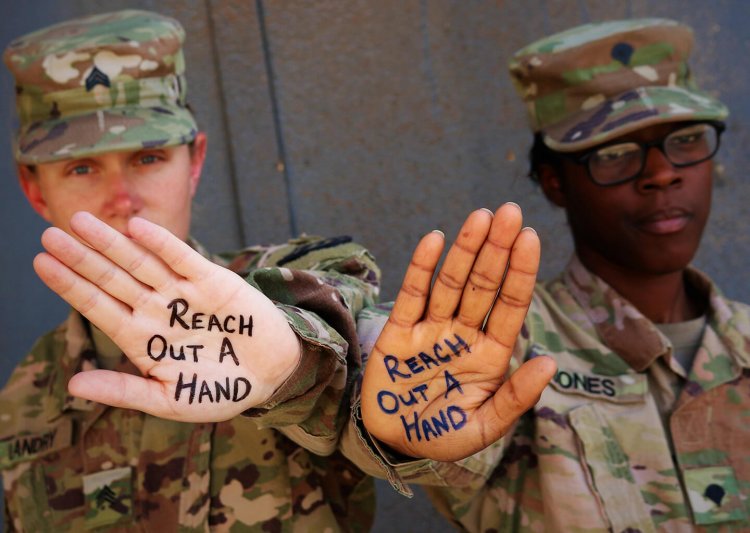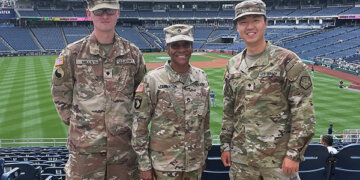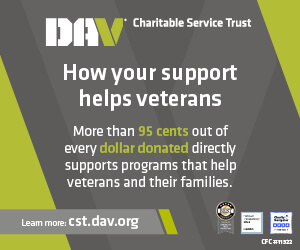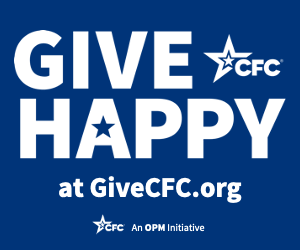For 18 days, an infantry National Guard officer paced around an isolation tent while deployed in the Middle East. His father had died during his tour, prompting an unexpected trip home during the middle of the COVID-19 pandemic. He was quarantined to ensure he wasn’t carrying the virus back to his unit when he returned.
Jordan, who wished to be identified only with his first name to avoid jeopardizing his job, said he understood the isolation was a COVID-19 precaution but that it “felt like a prison.”
“I think it breaks a lot of people,” he said. “For 18 days, we’d go walk outside to get our meals and walk back inside. I worked out as much as I could. I jogged back and forth in the tent as much as possible. I did a lot of reading, but, you know, the isolation is terrible.”
Overseas COVID-19 isolations are just one of several new mental health stressors that National Guard units have dealt with in the past two years. Troops have been mobilized for natural disasters, protests and riots, in addition to pandemic response, more often and longer than any period since World War II. More recently, state leaders are calling on guardsmen to work as substitute teachers, hospital support staff and school bus drivers.
The additional activations, according to Jordan, have hurt morale, making many guardsmen feel “worn out and overutilized, but underappreciated.”
“There are people just being used as bodies, bus drivers or riot control,” Jordan said. “Things that are out of the realm and out of their scope of duty. They’re just being utilized because they exist and because they’re part of the government.”
A challenging new landscape
National Guard suicide rates have remained steady for the past couple of years, according to Department of Defense data. In the 2020 calendar year, there were approximately 27 suicides per 100,000 National Guard members. Guardsmen under the age of 30 are at higher risk of suicide than their civilian counterparts.
That number is unacceptable for DOD leadership, who are providing additional resources to help guardsmen in need.
“Suicide rates among our service members and military families are still too high, and the trends are not going in the right direction,” Secretary of Defense Lloyd J. Austin III said in a statement.
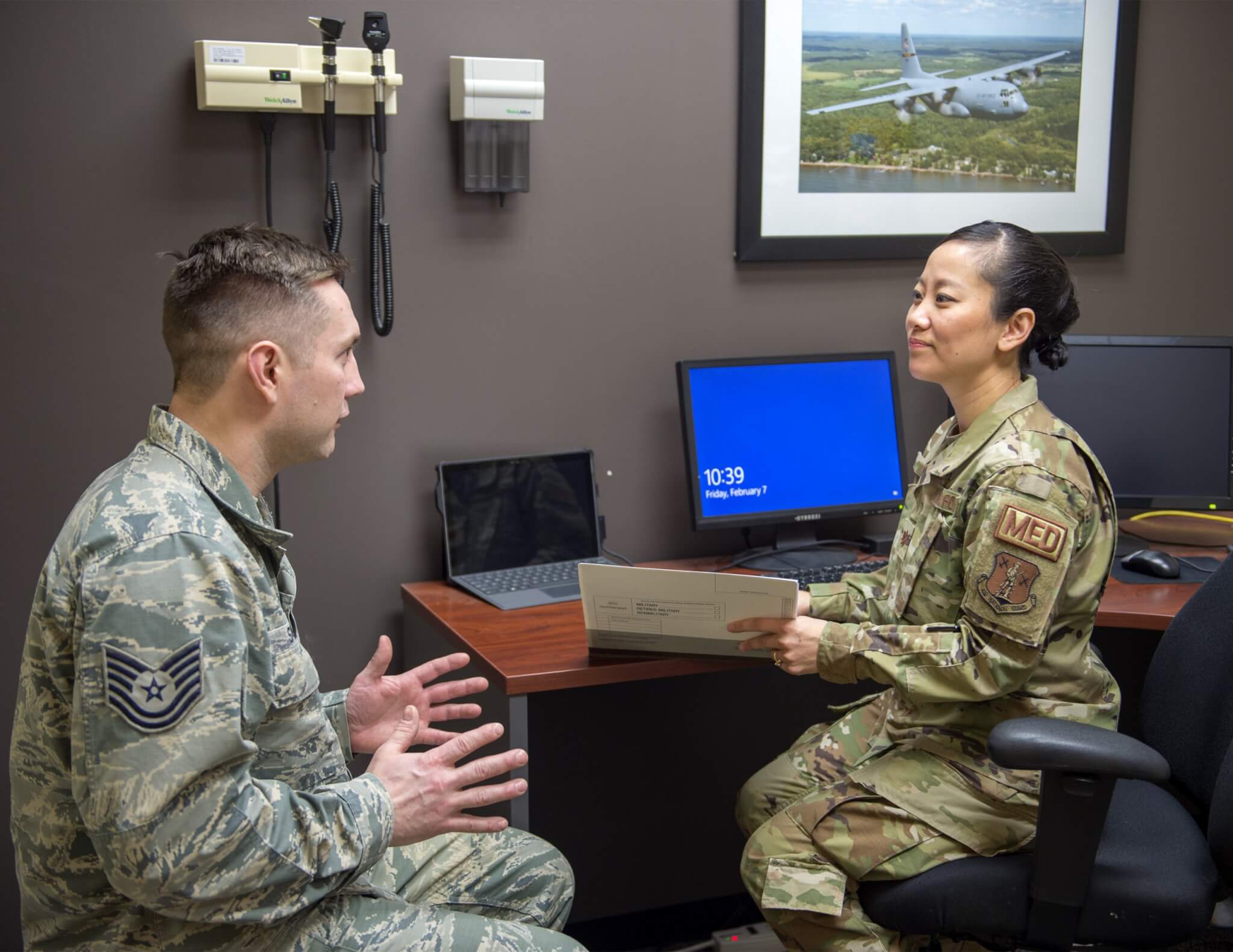
The annual report does give some insight into risk factors based on the population most affected by suicide in the last year.
White males under 30 are most at risk, the data on the Army shows, and they are also more likely to die from a self-inflicted gunshot than the civilian population. Service members who store their personal firearms unlocked and unloaded were also found to be at a higher suicide risk.
When analyzing the data, the department found that soldiers who died by suicide were more likely to have experienced failed or failing relationships, financial stress and excessive debt 90 days before their death.
Shifting to provide help in new ways
National Guard leadership is taking some new measures to support the mental health of guardsmen, including training more than 1,000 civilian doctors and medical health professionals on mental health issues specific to service members.
Chaplain Julie Taylor, of the New York Air National Guard’s 109 Airlift Wing, says part of their new tactics includes a shift in how they’re reaching service members, emphasizing social media and technology.
“I do think that this COVID-19 pandemic has pushed many more of us into being creative and different types of interactions that are meaningful,” said Taylor, who also works as a civilian Unitarian Universalist minister.
Taylor said her work has shifted to more communication through Facebook or text messaging.
“Up until a couple of years ago, I had never done a suicide intervention via text,” she added. “But I’ve done quite a few of them now.
“By meeting them where they are now and not forcing them to do something they weren’t ready for, which is to have a face-to-face conversation, it created a trusting relationship where then they were ready to take that referral to do a face-to-face meeting because they trusted me,” she added.
As a whole, DOD leadership is leaning toward new technology to help guardsmen.
According to the DOD’s 2020 Annual Suicide Report, Military OneSource saw a four-fold increase in video counseling sessions between 2019 and 2020.
One pilot program the department launched to provide better mental health resources was a six-minute training video called “Simple Things to Save Lives,” and focused on how people can recognize warning signs of suicide on social media and how to intervene and refer someone to care. According to a survey, 80% of respondents found the video helpful.
Taylor has noticed one of the most powerful tools to strengthen guardsmen’s mental health is a sense of purpose.
“Pride may not always be the experience, but to have a sense of ‘What I’m doing makes a difference,’ or ‘What I’m doing matters,’ and ‘My contribution matters,’ that’s a resilience piece,” she said. “It is very important to create a buffer zone or to create layers on that resilience to hopefully stave off the days when it feels crappy.”



